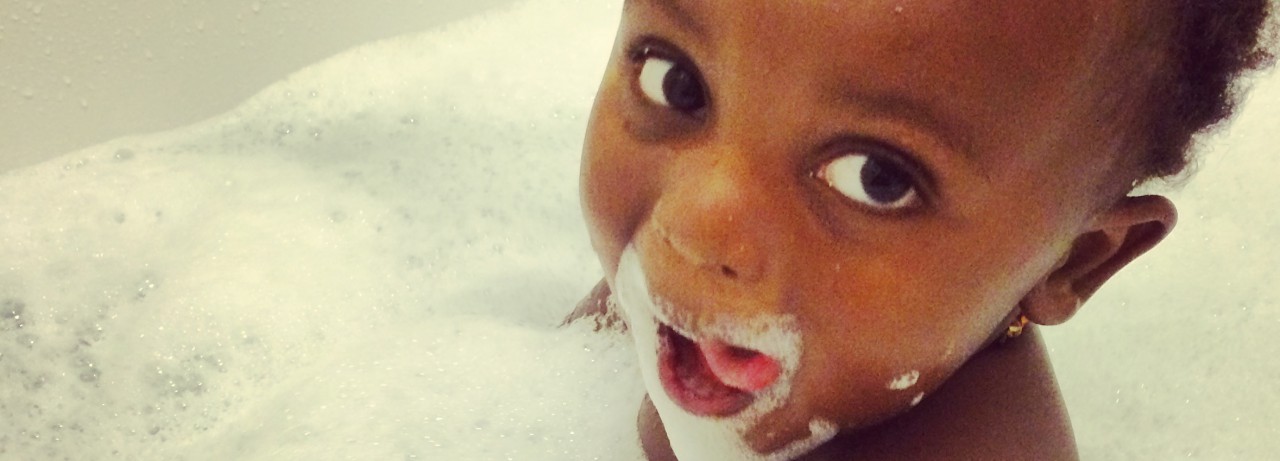* Based on feedback I’ve received, I have decided to edit this post. I never meant to target any one group, nor did I intend to blame birthparents or adoptees for my need to take a break from these sometimes intense discussions. That was not my intention, but it came across that way to certain people whom I did not mean to offend. So, let me try this again.
** I have decided to close comments on this post after receiving word that members of one of these groups are “campaigning against me” to invade my online and personal space and life. These people have been saying truly hateful, derogatory, harmful, dangerous, and disrespectful things about me in this group. This kind of viciousness is toxic to everyone who encounters it and I will not give these people a platform on my blog. **
I want to begin by saying that I have learned so much from online adoption groups. I have benefitted tremendously from these groups and from hearing other people’s experiences and perspectives pertaining to issues that I’m dealing with. I’m truly grateful for all of the people who take the time to participate in these groups.
But these places are not always easy spaces to be in and I think they can sometimes do a person more harm than good. Even the most well-moderated groups can get off track because there are so many mixed emotions in adoption and these groups typically include all members of the adoption triad, (birthmothers/fathers, adoptive parents, and adoptees) all who have different backstories and opposing opinions. This is a good and necessary thing because hearing/reading other viewpoints is how we learn. Ideally, we would all listen to each other with compassion and understanding and gain insight into aspects of adoption that we hadn’t considered.
But it doesn’t always happen that way, and sometimes it can all just be a bit much. When that happens, when people are burned out or stressed out or angry, discussions tend to dissolve. In my opinion, a little time-out to gather your thoughts is the best way to get yourself ready to come back and learn with a positive attitude and your defenses down. Literally, I have been doing this ever since I was a young adult and learned how to control my anger: leave the room, count to 10, take a deep breath, return. It works, and it’s all that I’m advocating here.
Here’s how to tell if it’s time to take a little break from that online adoption support group:
- You start feeling bad about your decision to adopt. A lot of issues come up in these groups, some of which may be hard to hear. If you’re starting to feel bad about yourself for adopting or wanting to adopt, it might be time to take a short break.
- You forget that every adoption and the people and circumstances surrounding it are different.
- You’re angry, and starting to let that anger consume you. I’ve seen so much anger in these online groups and some people don’t seem to be able to let it go. If a group you’re in is upsetting you to the point that you feel this way, it’s time to take a break.
- You’re hearing so many different voices that you have forgotten how YOU truly feel and why you wanted to adopt in the first place. The more noise surrounding you, the harder it is to hear what your heart and gut instincts are telling you. Listen to everyone but when it gets to the point that you don’t know how you feel, you need to take a break even if it’s just to think.
- You’re spending too much time there. Are you constantly replying to comments or engaged in endless, unresolvable arguments to the detriment of the people in your life? These groups can be totally engrossing, and I don’t think that’s healthy. Unplug, log off, put the phone away and connect with the people in your life. Meet some other adoptive families in your community; talk to adoptees and birthparents in person.
If you are nodding your head yes to any of these, maybe it’s a sign that you could use a break. Just a little hiatus. You don’t have to leave the group entirely, but maybe turn off notifications/unfollow the group for awhile and resist the urge to participate for a few days. Then, when you’ve had a chance to gather your own thoughts and emotions, you’ll have the strength/will power to have meaningful dialogue with others.
** Editing to add that if you are part of a group where you feel your personal safety or the future of your business or career could be at stake simply by speaking up or challenging majority opinion or that of the admins, it’s my personal opinion that that is not a healthy place to be. This is my first experience with cyber bullying and/or cyber harassment and, frankly, it was a little scary. I don’t need that in my life. **







